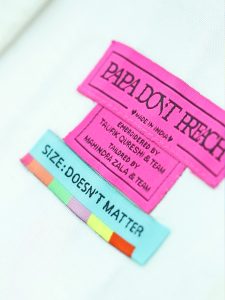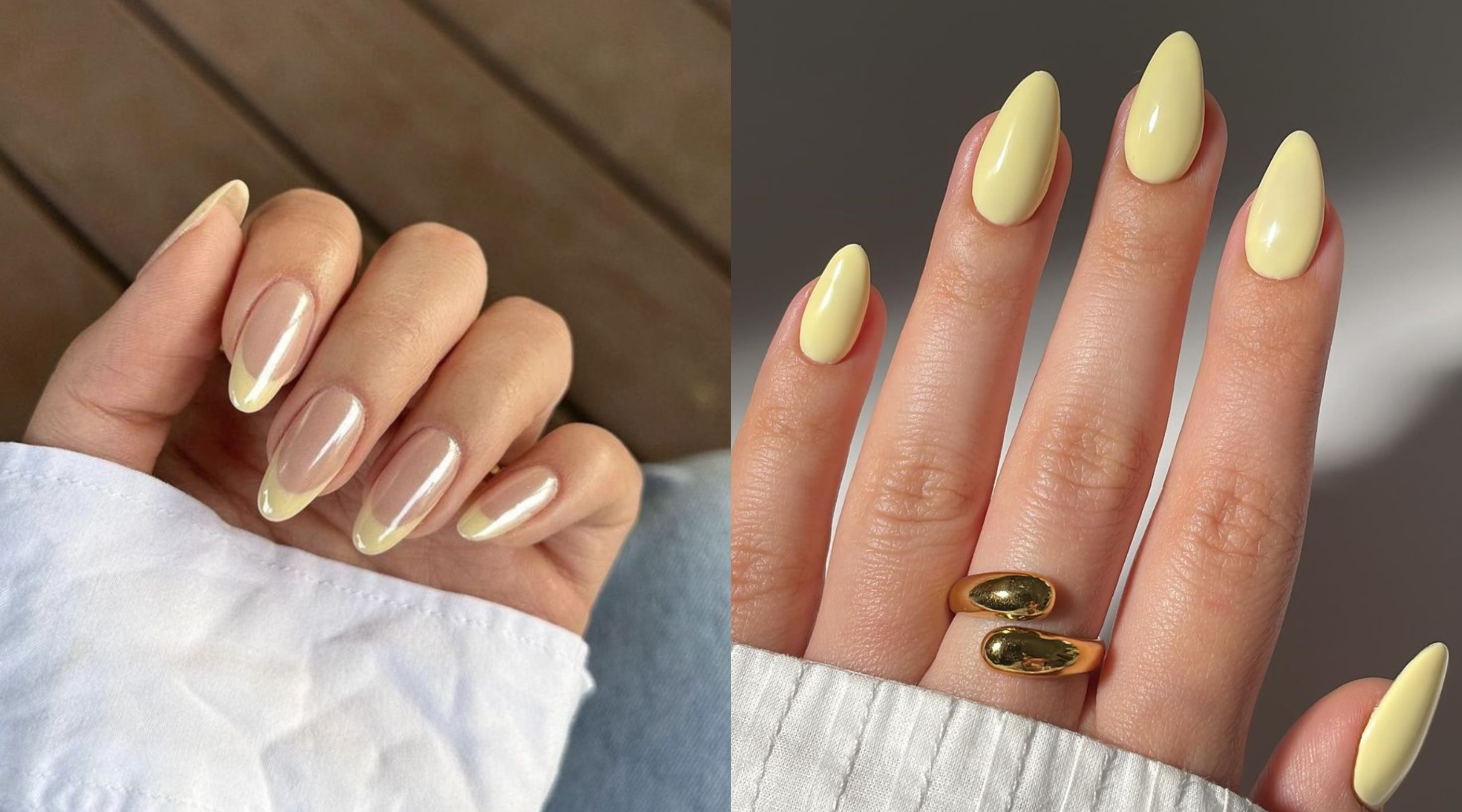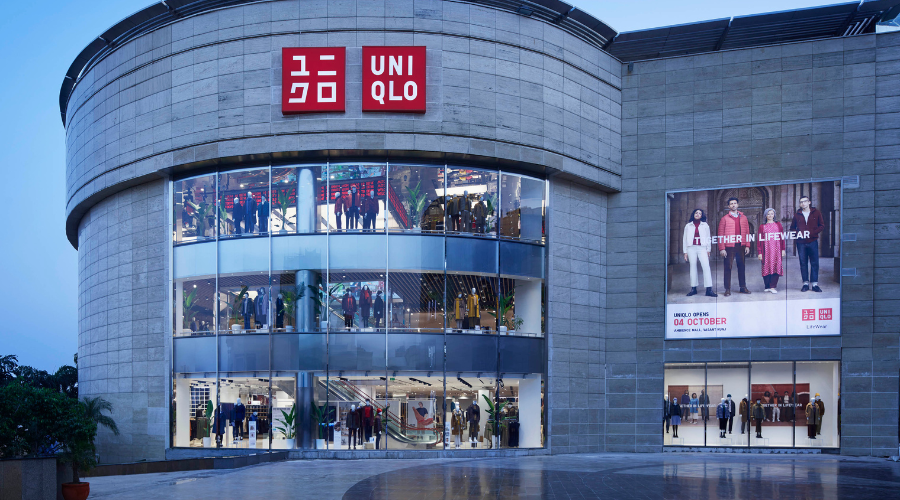Shopping is often deemed as a therapeutic activity—until, you enter a section in a store and a kind lady redirects you to another aisle—gently hinting that the clothes in this section won’t fit you. At that moment, all the excitement or escapism that led you to the shopping expedition boils down to just shame and guilt. Intentional or unintentional, no person needs to go through this internal turmoil while picking an outfit, which is ironically supposed to be an act of boosting morale.
I distinctly remember street shopping with a friend, where my whole purpose that day was to be her stylist—no foreseeable anxiety for the day, I sighed in relief. And yet, at one of the stalls, a not-so-innocent comment by a shopkeeper made me wonder about the slighted judgment that comes when you don’t fit society’s notion of beauty. After learning that only one of us is here to shop, he straight up looks at me and goes, “but we do keep clothes in your size as well”. He may have thought that was a great sales pitch, but all I wanted to do was to dig a hole and stay in there. I took a pause and looked around, different versions of me were silently battling sizeism in some form or the other.
View this post on Instagram
A post shared by Papa Dont Preach by Shubhika (@papadontpreachbyshubhika)
‘XS, S, M, L, X’ each letter assigned with a different degree of self-esteem. Whether we realise it or not, we’re engaged in constant self-expression through fashion. 90% of us, according to the Journal of Consumer Psychology, feel positive or negative effects depending on the size we see on a label. In an attempt to (r)evolutionise the sizing system, Papa Don’t Preach, is set to be the first Indian label to eliminate size labels on all garments starting in 2022. “I would not like to refer to anyone as plus size or larger size because for the smaller size we don`t refer to it as a minus size. We construct our clothes to fit you, not the other way around—hence, we’re calling it rainbow labels, ” explained Shubhika on why she introduced this new system.

It started when Shubhika wanted to integrate the name of her karigars on the labels, as they are an integral part of her team. “I didn’t want it just to be By Shubhika So we added embroidered and tailored by the respective people. As I was doing that, my focus shifted to the size labels. I realized that we couldn’t be inclusive in this campaign and not have it reflected in the labels. The whole politics starts from the label so we had to go away with it,” shared Shubhika on what led to setting this change in motion.

Despite rapid evolvement in fashion trends across centuries, the meaning attached to a size label has remained the same. Large means fat. It doesn’t matter that standardised sizing relies on decades-old data that is wildly inconsistent in every department store. We’re constantly reminded that our bodies don’t reflect the manufactured myth of perfection. Here’s how the rainbow labels are set to change that according to Shubhika: “We researched a lot because we don’t just sell at our store, we sell online and in stores across the world. How do we communicate? From our understanding, size is something that was important for logistical purposes, but over time, politics got attached to it. That meant, this standard of sizing could go out and a new standard could be introduced. Colours came in as a handy solution. No individual colour will be representing any size, it is actually for the stock and the logistics. If you’re walking in at a Papa Don’t Preach store there is no question of size. You will have a personal shopper to assist you and if there is any outfit that you like, they will find one that fits you, not that you have to fit into it.”

It’s such a sad experience to walk into a store and find an outfit that you really love—but as you go close to it, you realise it’s not for me. Every garment should be made for the person who wants to wear it—somehow, the roles have been reversed and you are made to not just fit into it but also prove your worth. The driving point of a size label, in today’s custom-made-everything age, is so that designers and manufacturers can bring efficiency into their supply chain. It has absolutely no thought ascribed to the body, more importantly, the person, it serves to adorn.
View this post on Instagram
A post shared by Papa Dont Preach by Shubhika (@papadontpreachbyshubhika)
Once a bride from the US wrote to the designer about her experience of visiting multiple stores and returning disappointed after being slapped with an additional fat tax on an already expensive couture garment. It was a shock rather than a surprise when the bride not only found the outfit she loved at Papa Don’t Preach in her size, but was also not extorted of extra money because of the number on the weighing scale. “I was really horrified because here is a person who is getting married, instead of going to store and having a good experience by taking pictures sharing the moment with her fiance—she actually went on crying. What right do designers have to do that to a girl in the period of time in which she is supposed to have a happy experience? That’s where I realized that I had to do something and we were really listening to the feedback.”
View this post on Instagram
A post shared by Papa Dont Preach by Shubhika (@papadontpreachbyshubhika)
The notion of “I have to lose weight for my wedding to fit into an outfit,” isn’t going away any time soon, it’s deeply ingrained. But imagine going to a store where you find something you love and you already had to convince your parents to buy that expensive outfit. Then at the counter, you find out that you have to pay 15% extra, why? Because you are a bigger size, and at that point, your mom will still pay the extra amount without saying anything but the shame that you feel when it comes written in an invoice and officially put on paper is something that stays. “We are designers, we make clothes, and we don’t have the right to make people feel bad about themselves. Whether it’s the change in labels or not budging on the fat-tax system, it’s a step in the right direction. It doesn’t matter even if we’re the only ones doing it, at some point, one has to hold themselves accountable before demanding change from the world.”
For more opinion pieces in fashion, tap here.
























